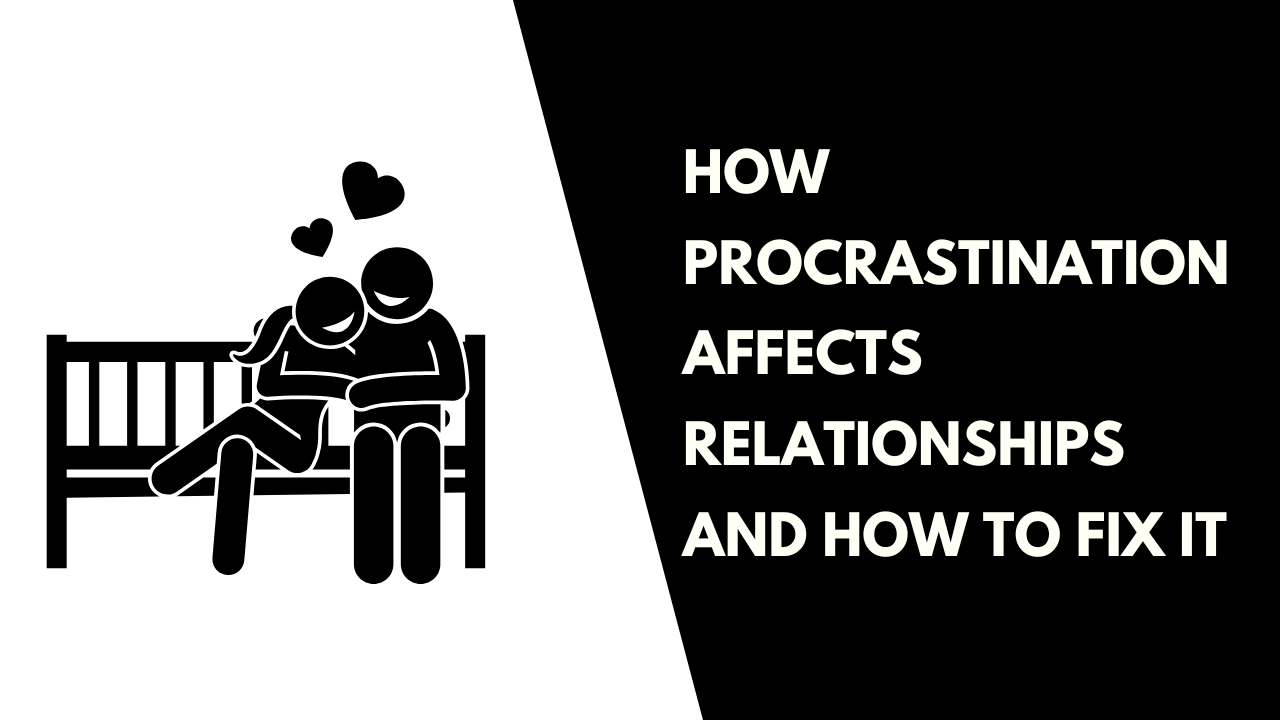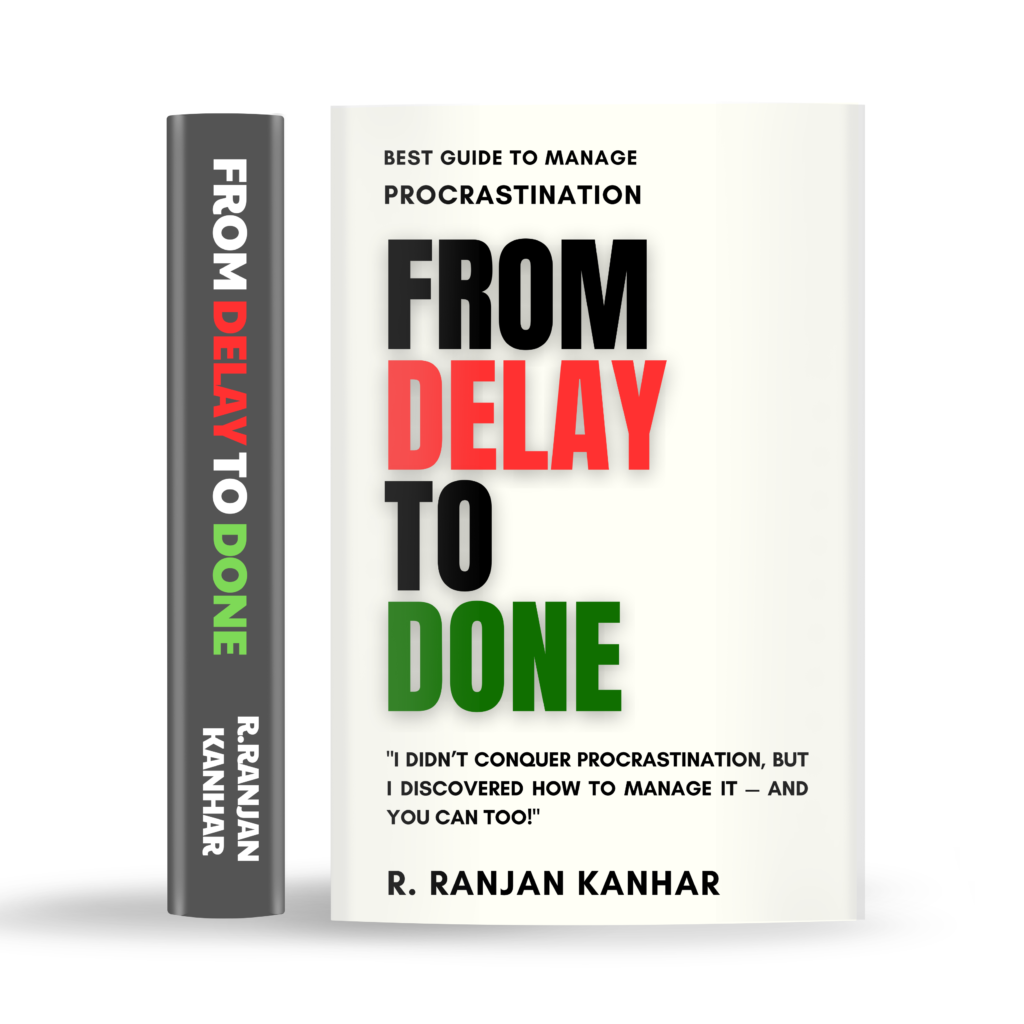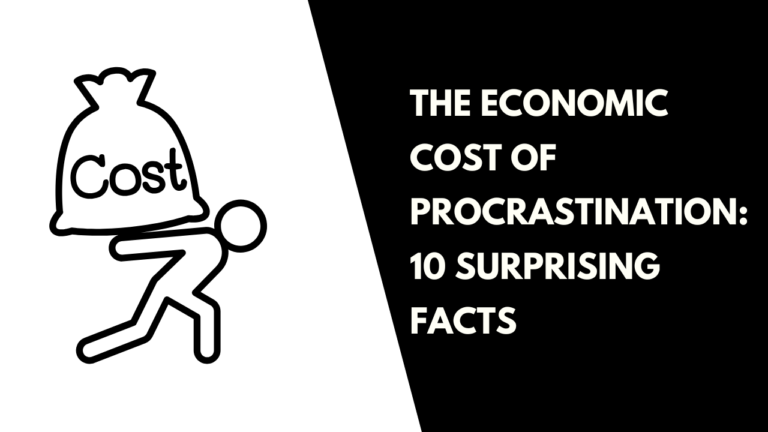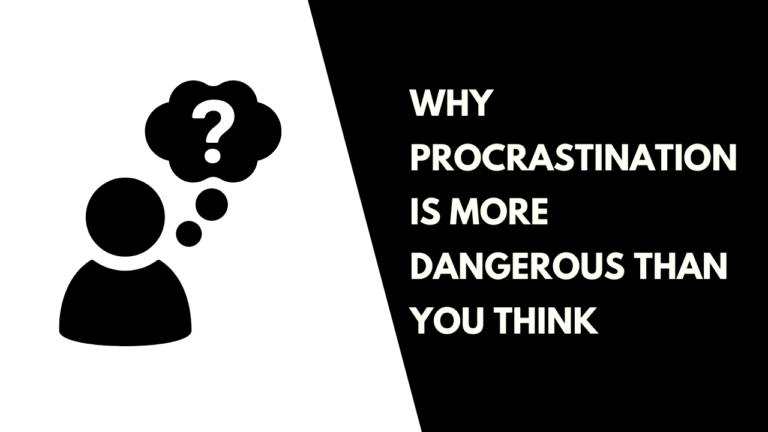How Procrastination Affects Relationships and How to Fix It
How Procrastination Affects Relationships and How to Fix It
Procrastination can be a silent saboteur, eroding trust, connection, and harmony in relationships. While many see it as a personal challenge, its ripple effects often extend beyond the individual, deeply impacting their interactions with loved ones. Let’s delve into how procrastination affects relationships and explore actionable ways to address this often-overlooked issue.
Table of Contents
ToggleUnderstanding Procrastination in the Context of Relationships
Procrastination is more than just putting things off; it’s a habitual delay in fulfilling commitments. When procrastination becomes chronic, it can disrupt the balance of relationships, leading to frustration, resentment, and even emotional distance. Imagine a scenario where one partner consistently delays paying bills or planning a vacation. These small lapses can snowball into larger conflicts over time.
The underlying causes of procrastination—fear of failure, perfectionism, or lack of motivation—can make it difficult for individuals to prioritize their relationships. Recognizing these patterns is the first step in mitigating their impact on your loved ones.
Real-Life Example: The Case of Emma and Jake
Emma and Jake had been married for five years. Emma often found herself taking on most household responsibilities because Jake would procrastinate, promising to “get to it later.” Whether it was fixing a leaky faucet or planning a date night, Jake’s delays made Emma feel unsupported and undervalued.
Over time, Emma grew resentful, perceiving Jake’s behavior as a lack of care. Jake, on the other hand, felt overwhelmed and defensive, arguing that he needed “just a little more time.” Their unresolved tensions led to frequent arguments and emotional distance.
This example illustrates how procrastination affects relationships by creating misaligned expectations and unfulfilled emotional needs.
Signs That Procrastination Is Impacting Your Relationship
Frequent Arguments: Delays in completing tasks can lead to recurring conflicts.
Uneven Distribution of Responsibilities: One partner feels burdened while the other seems disengaged.
Erosion of Trust: Broken promises diminish reliability and trust.
Emotional Disconnect: Resentment builds, reducing intimacy and connection.
If these signs resonate, it’s essential to address the root causes and work together to rebuild harmony.
How Procrastination Affects Relationships: The Emotional Toll
When procrastination becomes a pattern, the emotional toll can be significant:
Frustration: Waiting for a partner to act can create a sense of helplessness.
Resentment: Feeling like you’re carrying more than your share breeds bitterness.
Low Self-Esteem: The procrastinator may feel inadequate or ashamed, further exacerbating the issue.
Communication Breakdown: Conversations become arguments rather than constructive dialogues.
Actionable Steps to Fix Procrastination in Relationships
If procrastination is causing friction in your relationship, there are ways to address it effectively:
Open Communication:
Have an honest conversation about how procrastination affects relationships. Use “I” statements to express feelings without blame.
Example: “I feel overwhelmed when I handle all the household chores alone. Can we find a way to share these responsibilities?”
Set Clear Expectations:
Establish clear timelines for tasks to avoid ambiguity.
Example: Instead of saying, “I’ll do it later,” specify, “I’ll finish it by Saturday afternoon.”
Break Tasks Into Smaller Steps:
Overwhelming tasks often lead to procrastination. Break them down into manageable chunks.
Example: If planning a vacation feels daunting, start with choosing a destination before diving into logistics.
Practice Empathy:
Understand your partner’s reasons for procrastinating. Offer support rather than criticism.
Example: “I know you’re feeling stressed about work. Let’s tackle this together when you’re ready.”
Use Positive Reinforcement:
Celebrate small wins to encourage consistent effort.
Example: “Thanks for fixing the faucet today. It’s a big help!”
Seek Professional Help:
If procrastination stems from deeper issues like anxiety or perfectionism, consider counseling or therapy.
Example: A therapist can help identify triggers and develop coping strategies tailored to your relationship dynamics.
Building a Proactive Relationship Culture
Overcoming procrastination isn’t just about fixing tasks; it’s about fostering a culture of mutual support and accountability in your relationship. Here’s how:
Shared Calendars: Use digital tools to align schedules and track commitments.
Weekly Check-Ins: Dedicate time to discuss ongoing tasks and plan ahead.
Mutual Accountability: Hold each other gently accountable for shared goals.
Real-Life Example: How Sarah and Tom Turned Things Around
Sarah and Tom struggled with procrastination for years. Tom often delayed completing projects at home, while Sarah avoided addressing financial planning. After several heated arguments, they decided to take action.
They started with a shared to-do list and scheduled weekly check-ins to discuss progress. Sarah encouraged Tom’s efforts by acknowledging small achievements, while Tom reciprocated by supporting Sarah in tackling financial tasks. Over time, their teamwork reduced stress and brought them closer together.
This transformation underscores how addressing procrastination affects relationships positively when approached collaboratively.
Why Fixing Procrastination Matters
Addressing procrastination isn’t just about reducing arguments or getting things done; it’s about:
Rebuilding Trust: Showing reliability strengthens the foundation of your relationship.
Enhancing Connection: Shared efforts foster intimacy and mutual respect.
Promoting Growth: Overcoming challenges together cultivates resilience and deeper bonds.
Final Thoughts: Procrastination Doesn’t Have to Define Your Relationship
Procrastination affects relationships in profound ways, but it’s never too late to turn things around. By fostering open communication, setting clear expectations, and working together, you can overcome this challenge and build a stronger, more harmonious relationship.
Remember, progress is better than perfection. Start small, stay consistent, and celebrate every step forward. Together, you and your partner can transform procrastination from a barrier into an opportunity for growth and connection.
“Stop postponing your dreams! From Delay to Done is your ultimate guide to conquering procrastination. Grab your copy today on Amazon!



